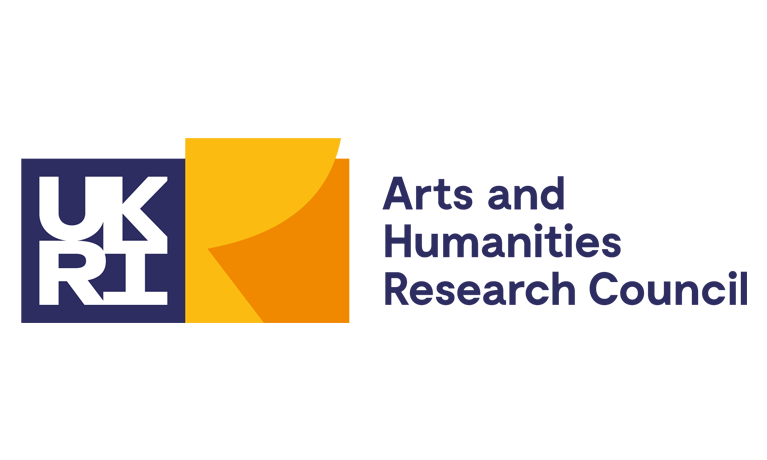
Re/presenting Islam on Campus
Funder
Arts & Humanities Research Council and Economic & Social Research Council
Total value of project
£568,727
Project team
Dr Sariya Cheruvallil-Contractor
Collaborators
SOAS University of London (Lead), Durham University, Lancaster University
Duration of project
2015 - 2018

Project overview
Re/presenting Islam on Campus was a project to explore how Islam and Muslims are represented and perceived on UK university campuses. It was funded by the Arts and Humanities Research Council (AHRC) and by the Economic and Social Research Council (ESRC).
Running from 2015 to 2018, the project analysed how Islam is understood on university campuses with a view to an open, informed discussion about Islam as an aspect of British life. It aimed to present a fair, accurate and evidence-based picture.
To accomplish this, fieldwork was undertaken at four universities in England, Wales and Scotland, and two Muslim higher education providers, including 140 hours of interviews and focus groups at these institutions. In addition, a survey collected evidence from 2,022 students attending 132 universities in England, Wales, Scotland and Northern Ireland.
The project was based at SOAS and led by Professor Alison Scott-Baumann together with Dr Sariya Cheruvallil-Contractor (Coventry University), Professor Mathew Guest (Durham University), Dr Shuruq Naguib (Lancaster University) and Dr Aisha Phoenix (SOAS) with Kareem Darwish (SOAS).
Project objectives
(i) To respond to current circumstances in which Islam seems inextricably enmeshed in debates about security on campus. This will involve identifying and documenting institutional and popular representations of Islam within university contexts with a focus on gender and Islam, inter-religious understanding and radicalisation. Student views and staff views are of paramount interest here.
(ii) To trace and analyse the sources of these different representations in dialogue with students, staff and other stakeholders across the HE sector. Using a variety of methods, we aim to examine personal views alongside 'official' discourses emerging from within media, classroom, and managerial or governance sources in order to develop a critical account of how dominant perceptions of Islam evolve and are perpetuated within university contexts.
(iii) To use emerging findings to interrogate the changing role of UK universities as places for the production, exchange and critique of knowledge; this ranges from the idea of universities as research communities in the nineteenth century to universities as guardians of academic freedom in the 1960's, and now to the Browne Report which proposes that a major contribution of universities should be to economic wellbeing. We will analyse campus discourses on Islam in the context of these new understandings of the university.
(iv) To use i-iii above to influence policy. We will develop, with stakeholders, a critical and informed perspective about representations of Islam, particularly with regard to gender, interreligious relations and radicalisation. We will set up interviews and focus groups with university staff and students to explore how these representations can be most effectively enhanced, critiqued or challenged. Policy-makers will be engaged via collaboration and contact with student societies and organisations supporting the project (e.g. the NUS), and, through NUS, with the UK government's Department for Business, Innovation and Skills (BIS) and the PREVENT team, leading to campus reports.
(v) To use the aforementioned processes of knowledge exchange to bring academic research and public knowledge into a closer and more constructive relationship: this will be achieved by workshops that help stakeholders to co-produce plans for implementation at local and national level (e.g. policy breakfasts with AMOSSHE (Association for Managers of Students in Higher Education) that can lead to formulation of case studies of good practice for training of managers).
(vi) To expand the critical mass of information available to academics and students who are engaged in work on Islamic Studies. This will be achieved by bringing together staff and students from mainstream universities and one Muslim college, to consider different approaches to Islamic Studies. This will also be achieved by running a major conference that will foster evidence-based discussion of international contexts and disseminate our work internationally.
(vii) To run three knowledge exchange workshops and engage with community groups and activist groups. This will forge constructive relationships from which the HE sector and local communities can benefit. These user groups are represented on the advisory committee.
(viii) To extend the spectrum of knowledge exchange possibilities in the third sector.




